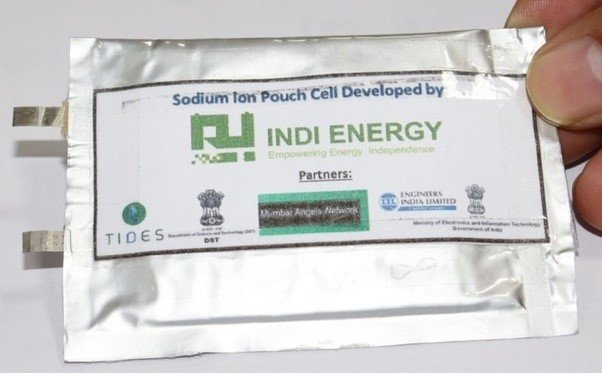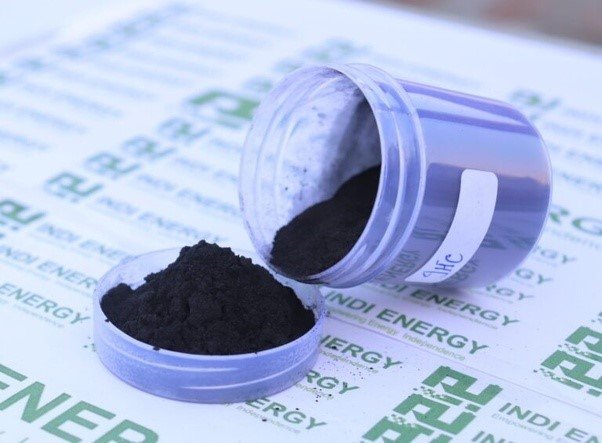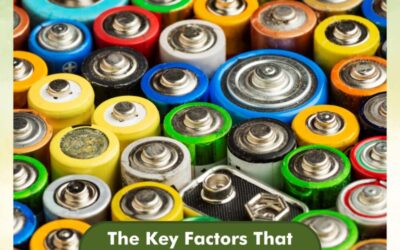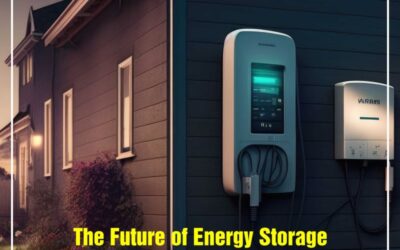
Learn how Indi Energy’s sodium-ion batteries are promoting the vision of an “Atma Nirbhar Bharat.”
India as a country is on the quest to make “Atma Nirbhar Bharat” a reality, which includes our desire for energy independence. India’s self-reliance in the energy storage sector has received a significant boost with the emergence of Indi Energy’s sodium-ion batteries. These innovative batteries offer clean and renewable energy solutions with a long cycle life, positioning India as a more independent and self-sufficient nation in meeting its energy needs. In this blog, we will explore how Indi Energy is leading India’s charge to the summit of renewable and sustainable energy storage solutions.
Which country is the top producer of sodium-ion batteries?
While the commercialization of sodium-ion batteries is still a few years away, several prominent players in the market have already made their mark. Companies like CATL, HiNa BATTERY, RONBAY TECHNOLOGY, ZOOLNASH, and NATRIUM from China; FARADION from the U.K.; NATRON ENERGY from the U.S.A.; and Kishida Chemical, Mitsubishi Chemical, and Panasonic from Japan are at the forefront of this technology.
Which country is the top producer of sodium-ion batteries?
Despite India’s production of its fair share of lithium-ion batteries (1% of the world’s total lithium-ion battery production), the nation’s rising demand surpasses the current supply. However, the emergence of Indi Energy brings hope for breaking free from the lithium-ion supply chain monopoly.
Founded by four visionary IIT graduates, Indi Energy is India’s first indigenous sodium-ion battery producer. Currently, we at Indi Energy are expanding the infrastructure of its pilot plant to initiate mass production of sodium-ion batteries. These batteries will be accompanied by hard carbon, an anode material derived from biomass such as animal waste and agricultural residue. The progress with sodium-ion technology has garnered recognition, as Indi Energy recently received the top honor at DRDO’s DARE TO DREAM 3.0 competition and was felicitated by the Honourable Raksha Mantri Shri Rajnath Singh ji.
This initiative by the Ministry of Defence aims to support startups that contribute to India’s self-reliance.
What is the future of sodium-ion batteries in India?
Indi Energy’s sodium-ion batteries open the door to endless possibilities, ranging from consumer electronics to electric vehicles (EVs) to large-scale energy storage systems.

Incubated at TIDES, IIT Roorkee, we have conducted extensive testing on our patented sodium-ion battery technology prototype and discovered that it exhibited no thermal runaway, a safety advantage over lithium-ion batteries. Sodium-ion batteries charge and discharge significantly faster, and they can be transported with the terminals connected and the voltage maintained at zero. The stability of sodium-ion batteries at a wide range of temperatures, coupled with their performance on par with lithium-ion batteries, makes them ideal for various applications.
For instance, they can significantly benefit soldiers stationed at high altitudes where weather conditions and freezing temperatures impact Li-ion batteries’ performance. With the mass production of sodium-ion batteries from the pilot plant near Roorkee, the living conditions of our national heroes can be significantly improved. Beyond the military, the telecom sector stands to gain from sodium-ion battery technology. With the rollout of 5G across India, telecom companies heavily rely on battery-powered infrastructure. Sodium-ion batteries ensure a seamless and uninterrupted power supply thanks to their constant state of readiness.
The demand for electric vehicles in India is on the rise, with lithium-ion batteries currently dominating the market.
However, it’s essential to note that lithium-ion batteries have negative environmental impacts due to water-intensive lithium mining, which leads to pollution. Sodium-ion batteries, on the other hand, offer a more environmentally friendly and safer alternative. They are also less expensive and charge faster. While sodium-ion battery technology is still in the early stages of development for EV applications, the initial results have been highly promising.
Can we make India self-reliant on energy storage technology?
One of the remarkable aspects of our batteries is the use of “parali” (stubble) from farmers to derive hard carbon, the anode material for sodium-ion batteries.

This innovative approach not only eliminates the need for farmers to burn crop residue, causing air pollution but also provides them with an opportunity to sell it. This revolution in the energy sector aligns with the Atma Nirbhar movement, promoting self-reliance and environmental sustainability. By pioneering India’s first indigenous sodium-ion technology, Indi Energy ensures that the energy storage sector remains at the forefront of India’s journey towards self-sufficiency and environmental responsibility. The future of sodium-ion batteries is bright, heralding a new era for Atma Nirbhar Bharat.
Indi Energy’sIndi Energy’s Na-ion batteries offer clean, renewable energy with a long cycle life, making India more independent and self-reliant in its energy needs. Not only will we help India get out of the lithium-ion supply chain monopoly, but we will also build an Atma Nirbhar Bharat, empowered by Indi Energy’s sodium-ion batteries.






